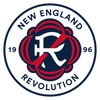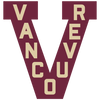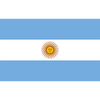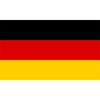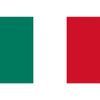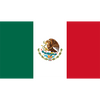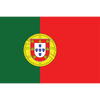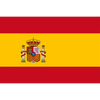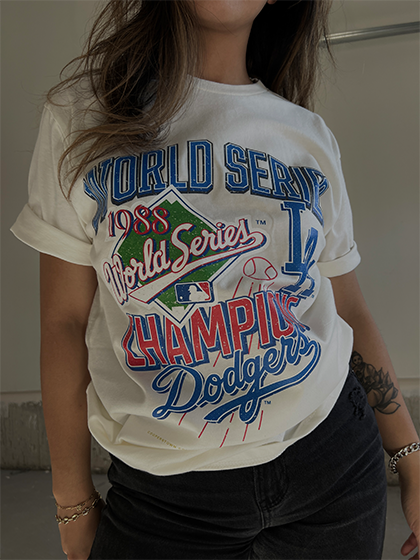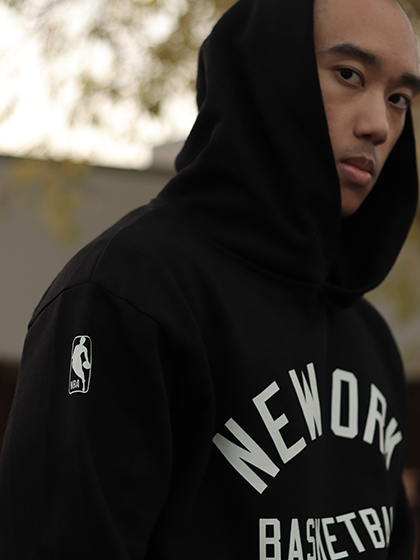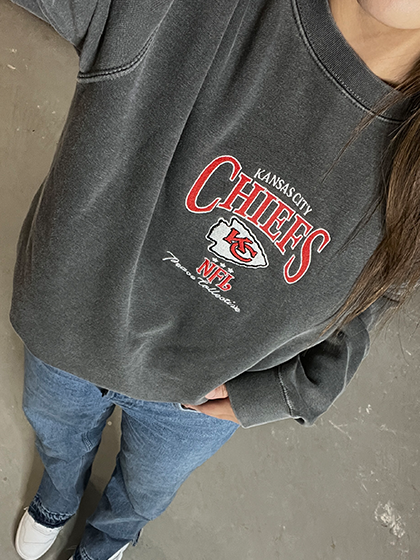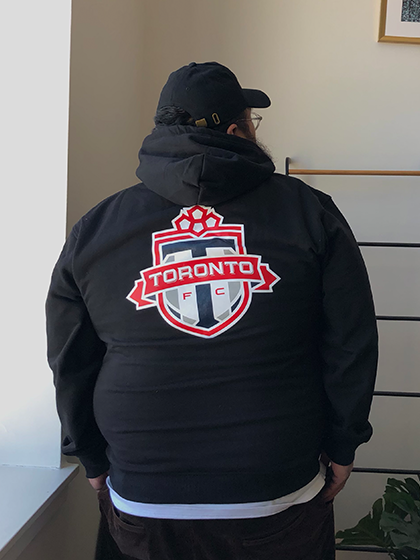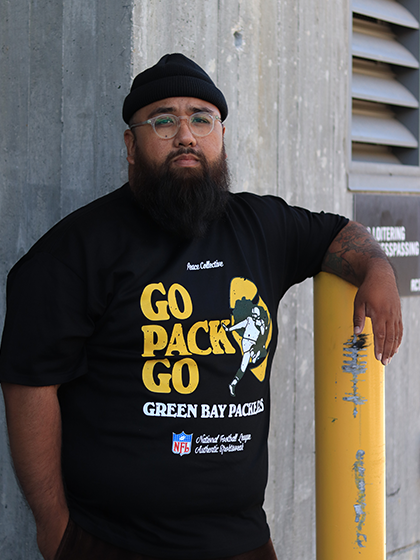Writer: Alyssa Bouranova
For 28-year-old Schulich graduate Eyal Rosenblum, the past decade has seen his leadership in the growth of two successful Canadian non-profit initiatives, in addition to a major project aiming to connect young social entrepreneurs with resources for support and mentorship.
Operation Groundswell, for which Rosenblum is currently the Executive Director, is changing the culture of travelling and volunteering abroad by leading programs across four continents that more sustainably and holistically approach voluntourism through immersion, education, and partnerships with local institutions. A second project of his, Heart-to-Heart, now in its sixth year of operation, gathers a group of 20 Israeli youth - half identifying as Jewish, the other as Palestinian - for a seminar at the Otty Lake summer camp, Camp Shomria. It aims to address racism and inequity and build a better, shared Israel. We visited Eyal at the vibrant OG headquarters to chat about the intersection of business and charity, taking on daunting tasks in your 20’s, and social innovation in Canada.

How did you get involved with non-profits?
Good teachers, I would say… and not like middle school teachers, though I’m sure I must have had a few of those, too. I grew up at a very weird summer camp, [Camp Shomria,] that was run like a small village; the director is 21 years old and is democratically elected by the staff. Issues of social justice, issues of what it means to be a good citizen, a good human - all these things were all brought to the forefront for me at this camp. I guess it kind of instilled in me an understanding that I have a lot of privilege… and because of that there’s a sense of obligation to ensure that others can get a fair shake.
How did that translate into your involvement with Operation Groundswell?
I can’t take credit for starting OG - that would go to [two other Shomria alumni,] David Berkal and Jonah Brotman. They started it in 2007 after their first trip to Ghana. Essentially, they landed there and recognized that this place was totally different from what they’d seen in the news and in typical “save Africa” commercials. It was a bustling city full of culture, language, joy, and also extreme wealth. Of course, you can’t not notice the extreme poverty, but it really changed their view of what Africa was… So they found eleven brave backpackers to join them. The program was really there to show other Canadians that Ghana isn’t just poor sad orphan babies; it’s a lot more. Through that experience the participants came back and decided that other people needed to have trips like this, and need to really connect with other cultures in this way. That’s when they came to me to start planning a program to Israel and Palestine. They said, “here’s kind of our basic principles of what we do: provide as many different perspectives on the conflict as possible… except your own.” I loved that notion and was totally drawn to it, so in 2008, I drank the OG Koolaid.

How did your time at Schulich influence or deter you from that route? Off the bat, it seems kind of antithetical to the non-profit route.
It for the most part is - but they had a small subsection of people at Schulich that were dedicated to non-profit management, and that route is filled with awesome people who are doing amazing things all over the world today… What I really respect about that program is that it pushed us to apply the same kind of management and business principles that you see in the for-profit world to the non-profit world. You should build a business plan to determine funding, you need to create hiring standards and practices that value people with clear experience over people that only have passion, things like that. It focussed on the questions of: how do you operationalize your values, and how do you turn your passion into a tangible force?
"Never be afraid to start a side project"
Would you say that these organizations did arise out of a passion, or a feeling of necessity or obligation?
Probably a mix; I would say, though, that without passion, [necessity and obligation] don’t exist. I think for Operation Groundswell there was a clear trend in volunteering abroad - but a lot of it was for-profit, a lot of it was exploitative, and we wanted to show that there could be an ethical alternative that could be successful. We saw a need in that industry to voice our concerns for volunteerism.
You were in your 20's when you started both Operation Groundswell and Heart-to-Heart. Did they feel like daunting tasks given your age?
Totally. It cuts both ways: when you’re in your 20’s you don’t have the experience that you can draw upon to navigate your path for something new and different. At the same time, you also tend to not have the same risks… [which] opens up a lot of opportunities. The other good thing about being young is that it’s really easy to get advice, because people that are older than you want to give advice… I think a lot of people who are in their 50’s and 60’s think to themselves “that’s fantastic, I wish I did that when I was that age.” The challenges are a lack of experience, and managing people older than you, which can be difficult if they see your age as a barrier to what you’re able to do.
How do you define success in your industry?
It’s different for every project. For Operation Groundswell, success for me would be defined by responsible and ethical travel becoming the mainstream, where millions of people look at the environmental, social, and economic effects of their travel. If millions of people were making lasting connections with others from all over the world, where they’d have a real deep sense of who they are and why their culture is the way it is. For Heart-to-Heart, it’s no less than peace in the Middle East.
Why run a coexistence program like Heart-to-Heart in Canada?
I was approached by Givat Haviva, which is an organization in Israel directed towards peace initiatives between Israelis and Palestinians. One of the directors there wanted to create a program that would help Jewish and Palestinian youth understand “the other.” Having grown up at this summer camp that had these wonderfully progressive values, we recognized that we had a space where we could bring them outside the conflict, where they weren’t being influenced by the media, by their schools, by their parents… A lot of these kids don’t get that chance because they’re stuck in a conflict zone. I felt like taking them out of that atmosphere and allowing them to just be young people would provide them a great starting point for dialogue and communication about how to make Israel and Palestine safer and more equal.
What is Canada's place in the non-profit world? What can we do better?
I think, generally, the Canadian public and non-profit industry tends to think small. The other thing I don’t like is the mentality that with anything you fundraise or any revenue that comes in, all of it needs to go towards providing the services you say you provide. For instance, if you’re doing Run for the Cure, most Canadians would be really upset if they found out that 50% of the dollars fundraised went to operations… I think that’s kind of weird, because for me, if I could give a marketing director a million dollars of the two million dollars I raise, and with it they can help us raise ten million, I don’t see why that’s a bad thing. So I would rather work for the organization that spends 50% on overhead, than the one that is using only 1%... but is affecting only small change. If we are aiming to hire great talent, we need to be able to pay for it… and if we want to solve the world’s biggest problems, why wouldn’t we be trying to hiring the best talent? We have a lot to learn from the for-profit industries when it comes to this.
Do you see Canadians moving away from or towards providing more ethical options for where to put our dollars?
The trends that I’m seeing in Canada right now are towards a lot of different social movements coming together around climate change, which I think is amazing. I expect there’ll be a lot of new jobs coming up in clean tech, in resource management, things like that. There’s also a shift towards greater awareness towards indigenous rights. Both will be met with a backlash because when people are making big strides towards a social change, there will inevitably be more fights to be had - but ultimately, as Martin Luther King said, “the arc of the moral universe is long, but it bends towards justice.”
For city dwellers with full-time jobs in other industries, what is the best way to make a positive difference?
I would say the first step is becoming informed. I believe that the world is on fire and that there are a lot of really terrible awful things happening, but that most of us don’t take the time to learn or read about it, because we know that if we do we would feel compelled to act. The second step is to be critical of what you’re being informed of: where is this information coming from? Who benefits from it? If you do those two things first, I think you’ll find where your passion is, and from there, there’s no shortage of ways to get involved. And never be afraid to start a side project, because Operation Groundswell was once a side project, and now it’s become an organization that’s running forty programs a year.



























































































